
Salty Sam’s Fun Blog for Children
Number 185
Tower Bridge
Hello Everyone

As you know, we often go up to visit my cousin Smiley Sid who lives in London.
When we go up there, Bill and Bob just love to see the sights of London. A while back we went to see the Tower Bridge Exhibition.
Tower Bridge, which straddles the River Thames, is probably the most famous bridge in the world. lt is very recognisable and when tourists visit it they always hope to see it open. This can happen sometimes, so many people have been lucky enough to see it.
The lower part, which is a road, opens to let tall boats through. lt opens a little way if a sailing boat with a tall mast wants to make passage up the river, and lifts the roadway almost vertically if a large ship wants to go through.
Each lifting part is called a bascule – which means see-saw.
A siren sounds just before the bridge is opened, and all the traffic has to stop and wait; even ambulances with their sirens on!
When the bridge is lowered again the traffic can go on its way and the first people across are always the cyclists.
A lot of people think that Tower Bridge is about the same age as the Tower of London which is right next to it on the North Bank. But Tower Bridge is over eight hundred years younger.
Originally, the only crossing over the Thames was London Bridge. The first one being a wooden structure built in Roman times. ln these early times, London was only situated on the north side of the river. The south side was too swampy to be built on. But as the swamps were drained and built on hundreds of years later, more bridges were built too.
Most of them were built to the west of London Bridge but eventually there was a need for another one down river too. London to the east of London Bridge was becoming more densely populated and the Port of London was very busy.
The City of London Corporation was responsible for this area and decided a new bridge had to be built. So in 1876 they held a bridge designing competition.
The problem they had, was that road traffic wanted to go across the river and large ships needed to go up and down it. A bridge had to be designed to allow both these things to happen.
There were over 50 designs entered into the competition and the winners were announced in 1884. They were Horace Jones and John Wolfe Barry.
Building work began in 1886 and the bridge was opened on 30th June 1894. ln 1977 it was painted red, blue and white to celebrate the Queen’s Silver Jubilee; before that it was brown.
The towers and walkways were made from steel. Then the towers were clad in Cornish granite and Portland stone to protect the metal and to make the bridge look nicer. lf you look very closely, you are supposed to be able see the impression of sea creatures in the surface of the stone. We could only see sparkly flakes like the inside of shells.
lt took 432 men and 8 years to build the bridge.
The bridge is raised by using hydraulic power (this means using liquids under pressure) driven by enormous pumping engines. These were originally steam engines, but since 1976 they have been driven by oil and electricity; it only takes a minute to raise the bridge.
lt is possible for tourists today to see the old Victorian Engine rooms.
The upper storey of the bridge was a walkway for pedestrians until 1910. lt was closed because of lack of use. Not many people wanted to climb up all those stairs; they preferred to wait for the bridge to open and close again – especially when they were carrying heavy shopping!
The walkway is now accessible again if you visit the Tower Bridge Exhibition. lt has a wonderful view of London. You can even have a party up there if you have enough money to spend!
Most tourists like to see the bridge open. The traffic is stopped at a barrier that comes down across the road. Although apparently, in 1952 a number 78 bus had to jump from one bascule to the other as the bridge started opening as the bus was driving along the road!
Most of the time when the bridge opens, it is for the tall sailing boats called Thames sailing barges. Nowadays, they are used for pleasure but they were first built to transport cargoes up and down the river.
These barges have a wooden, flat-bottomed hull which was perfect for sailing in shallow waters, and they also have very distinctive reddish-brown sails.
They used to sail regularly between London and East Anglia in Victorian times. They took manure collected from the horses, which pulled the London traffic at that time, to spread on the fields of East Anglia, and brought wheat or flour back to London to make bread to feed the masses – and also hay to feed the horses.
The Port of London is not as busy now as it was in Victorian times. This is because modern container ships are much bigger and the river is too small for them. The busiest port in Britain now is at Felixstowe on the Suffolk coast.
lf you even go to visit Tower Bridge, l hope it opens for you – listen out for the siren. ![]()
Bye bye everyone – don’t forget to subscribe to my blog!
lf you like my blog, please support it by telling all your friends and followers about it.
Thank you!
And see you again next Fun Friday!
Love and kisses
Salty Sam

www.christina-sinclair.com


Bill and Bob’s Joke of the Week![]()
![]()
Bob: Why did the little girl take some hay to bed with her?
Bill: l don’t know. Why did the little girl take some hay to bed with her?
Bob: To feed her nightmares!
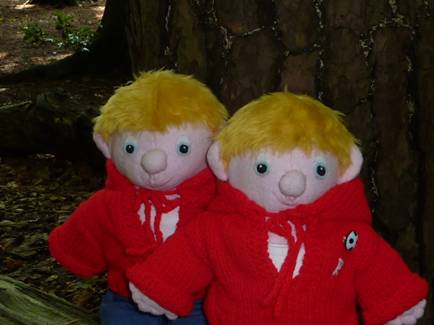
Salty Sam © Christina Sinclair 2015
Unauthorized use and/or duplication of material from this blog without express and written permission from this blog’s author and owner is strictly prohibited.
Links may be used to www.christina-sinclair.com

Picture Gallery
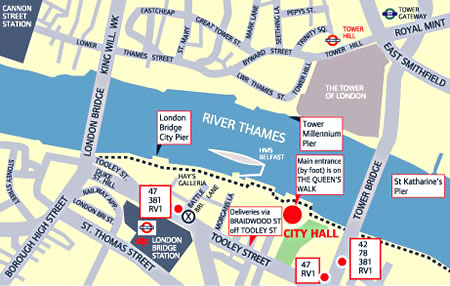
Tower Bridge is the next bridge down river from London Bridge
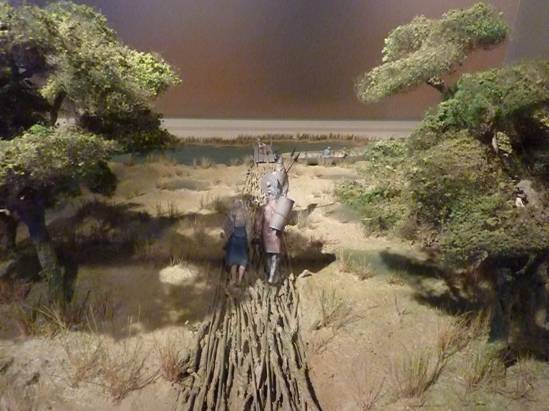
The Thames 1400 BC was a very marshy place
(This beautiful model was at the Museum of London)
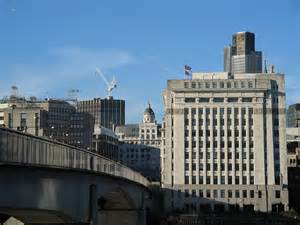
London Bridge looks quite plain in comparison to Tower Bridge
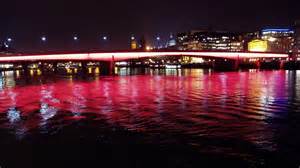
London Bridge at night
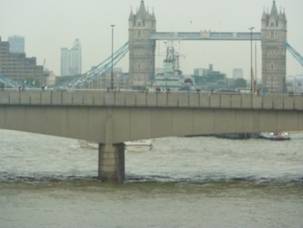
London Bridge and Tower Bridge
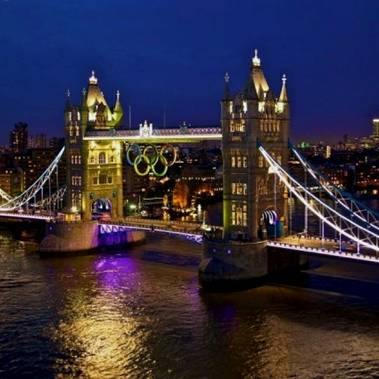
Tower Bridge at night – and decorated for the 2012 Olympics
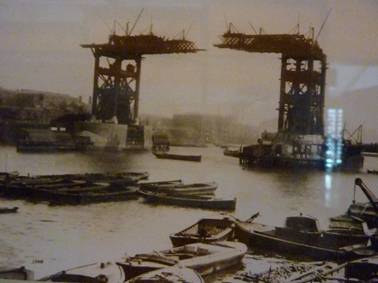
The beginnings of the construction of Tower Bridge
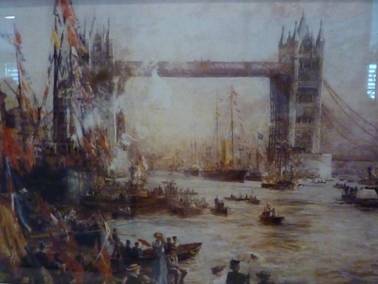
The bridge was opened in 1894
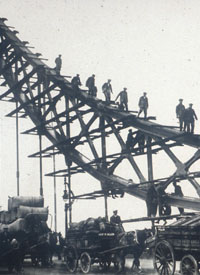
It took 432 men to build the bridge
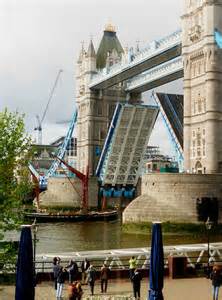
Tower Bridge opening for a Thames barge
The bascules don’t go all the way up to save time
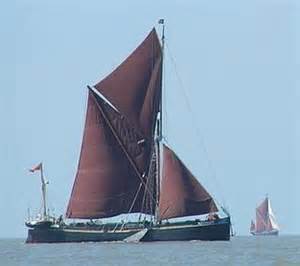
A Thames sailing barge in full sail
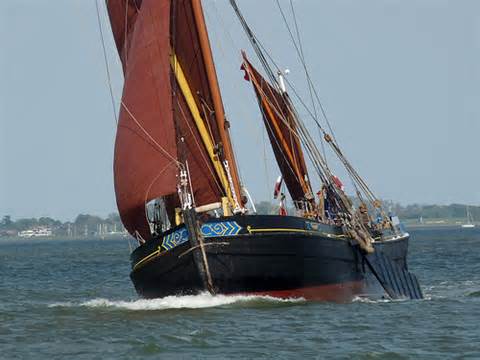
Thames barges have flat-bottomed hulls
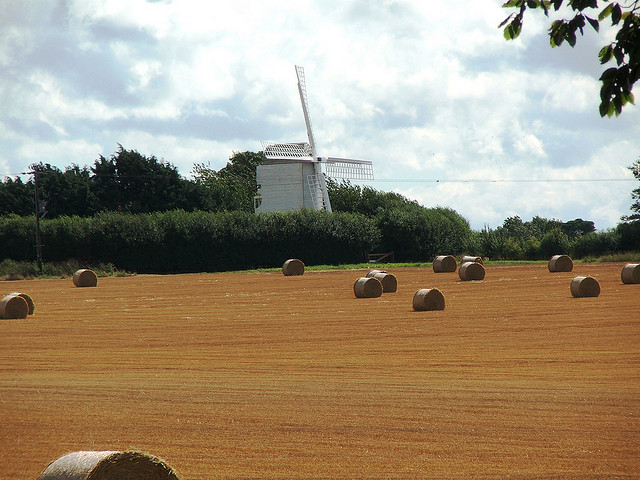
A field in Norfolk, East Anglia
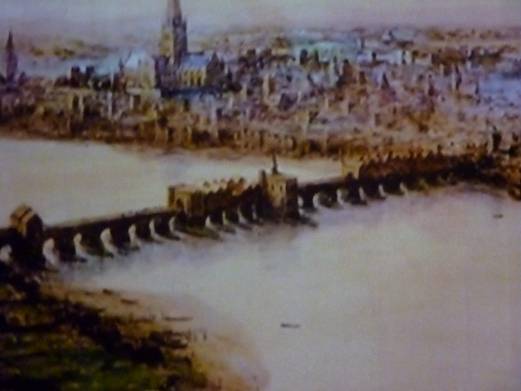
A previous London Bridge
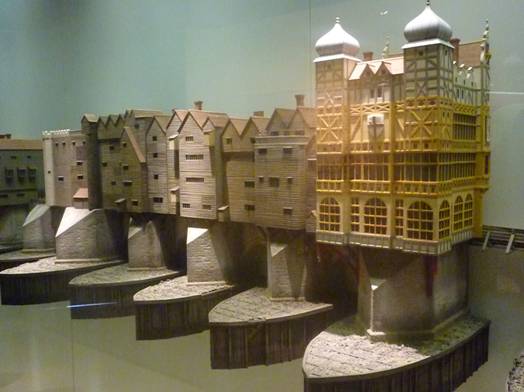
A model of the mediaeval London Bridge
(London Docklands Museum)
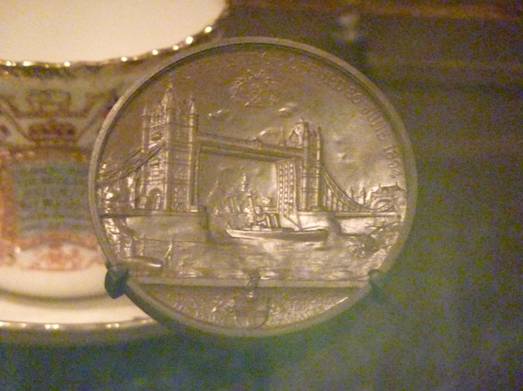
A commemorative medallion 1894
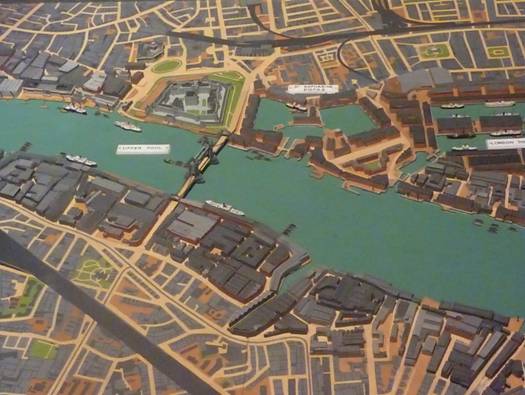
Tower Bridge is situated in the Pool of London
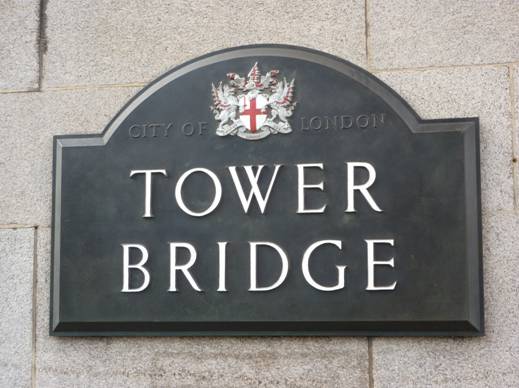
A plaque on the bridge
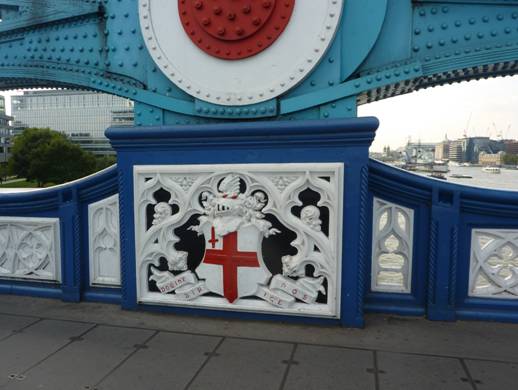
The bridge was painted red, white and blue to honour the Queen’s Silver Jubilee
(It has been repainted since then)
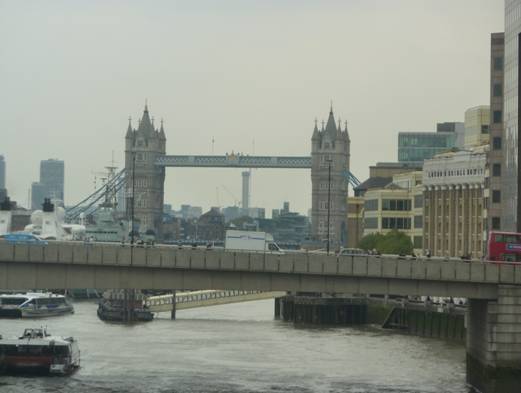
London Bridge with Tower Bridge behind it
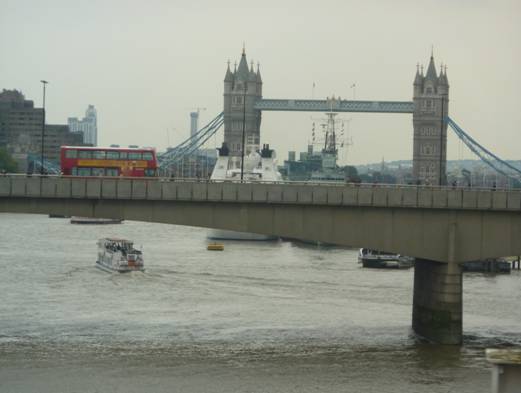
London Bridge with Tower Bridge down river
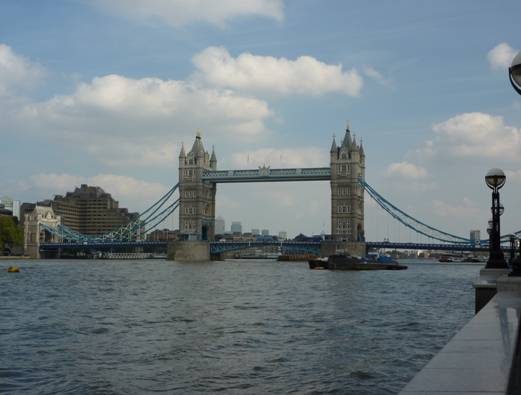
The full span of Tower Bridge
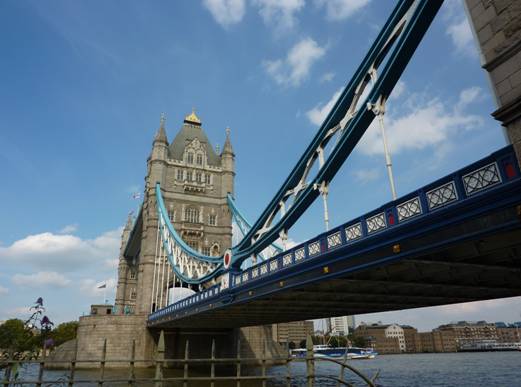
Tower Bridge from the south river bank

Tower Bridge from down river
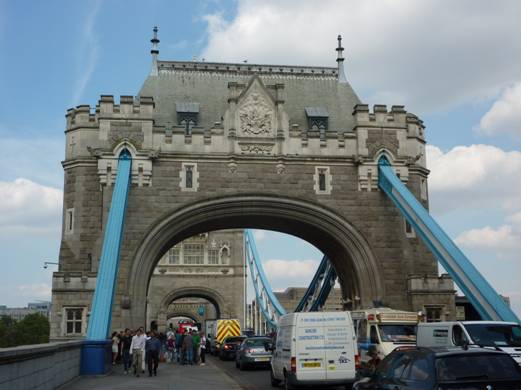
The road view from the south side
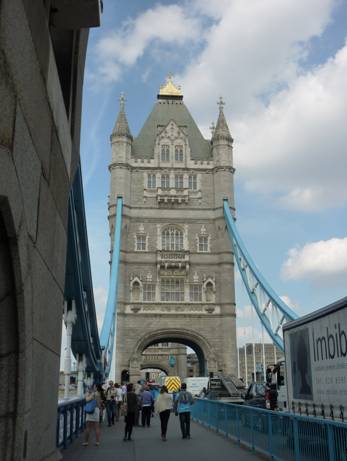
One of the central towers
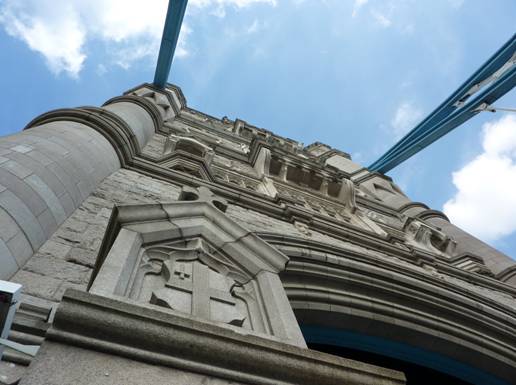
There is much ornate carving
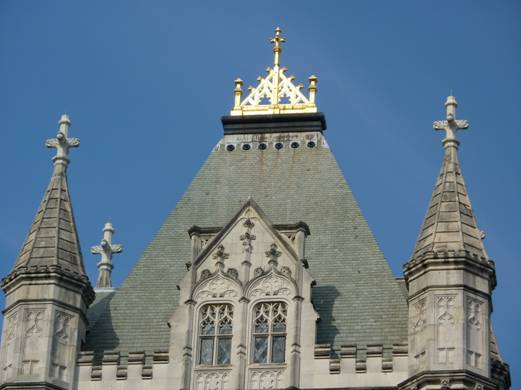
The pinnacles are topped with gold
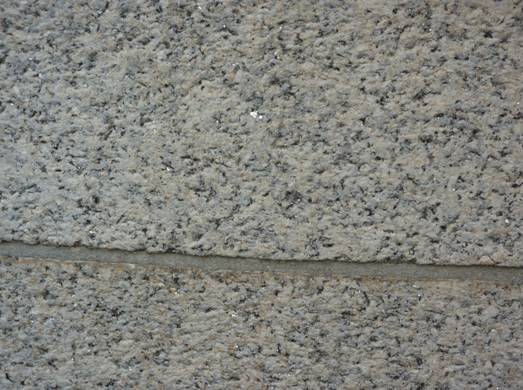
The cladding is made from Portland stone – can you see some of it twinkling in the sunshine?
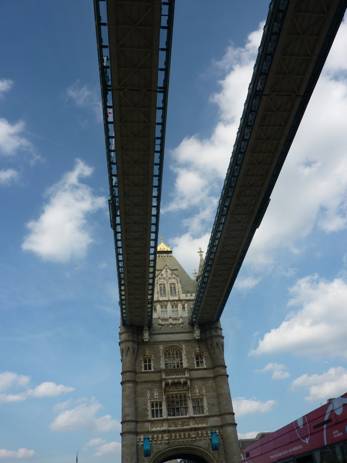
The two upper walkways
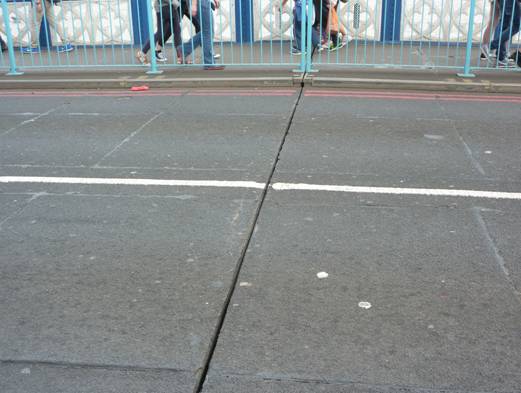
The centre of the road
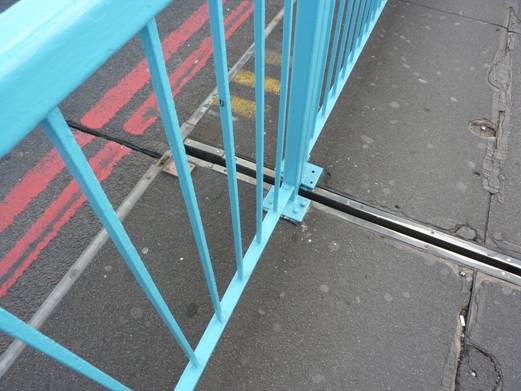
The break in the bridge across the pavement
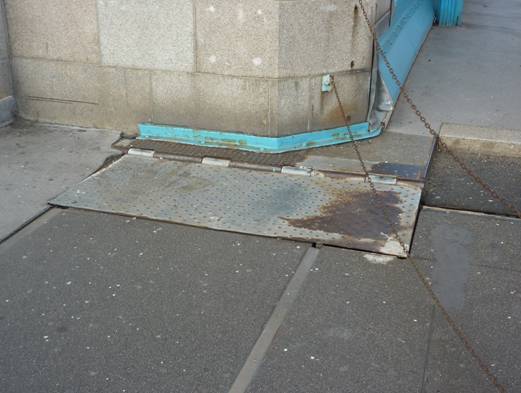
One of the massive hinges where the bridge lifts
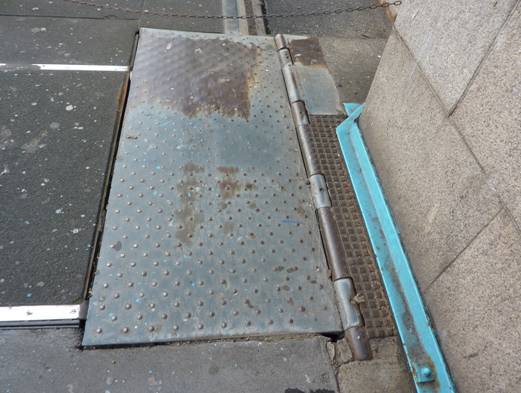
There is a hinge in each of the four corners
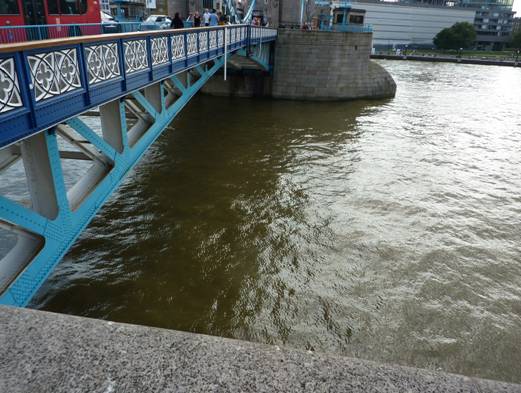
The bridge allows enough room for some craft to pass underneath
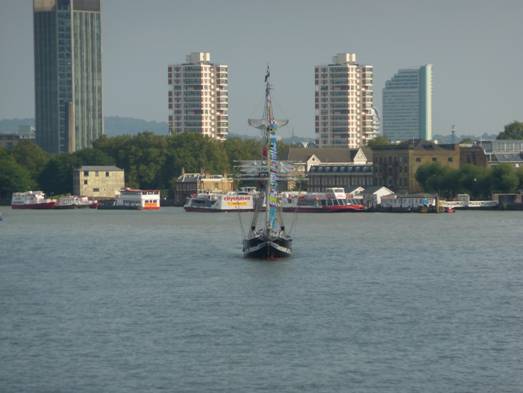
Taller ships need the bridge to lift

A Thames barge with a tall mast

There are modern buildings on the South Bank

This is the Mayor of London’s office

The Tower of London is on the North Bank

The road entrance on the north side

Tower Bridge is situated by the Tower of London
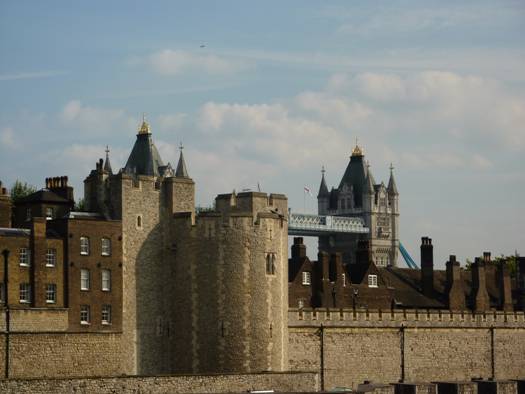
Tower Bridge is over eight hundred years younger than the Tower of London


 THE SALTY SAM NEWS DESK
THE SALTY SAM NEWS DESK

Bill and Bob have been preparing questions for their team for their next Friday afternoon class quiz. The questions all have to be about London.
The Friday afternoon quizzes at the Rocky Bay Primary School have become such a noisy and exciting part of the week that the children miss them when they don’t have one.
However, sometimes Miss Pringle insists on opting for a much quieter way to spend a Friday afternoon instead. She has a story-telling session, and of course the children enjoy this just as much really. ![]()
This week Miss Pringle was reading them a Sherlock Holmes mystery, which Bill and Bob really enjoyed. It was called the Red Headed League. The story is set in the centre of London.
Bill and Bob were preparing their questions for homework at Auntie Alice’s cottage. Emily was there as well and she was helping them because she had been to London too.
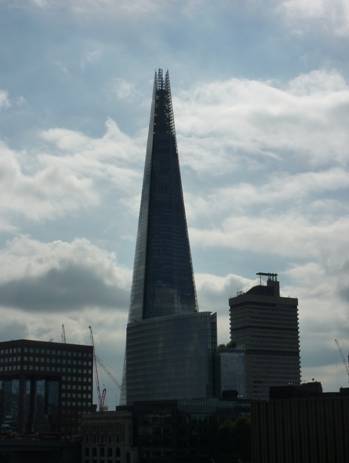

See if you can answer their questions…
How well do you know London?
- Which two cities make up London?
- In which house does the Queen live when she is in London?
- What is the name of the big wheel at the side of the Thames?
- What is Big Ben?
- What is the name of the big lake in Hyde Park?
- In which park is London Zoo situated?
- Which palace is nearly 1,000 years old?
- Which animals lie at the foot of Nelson’s column?
- Which is the biggest concert hall in London?
- Which is the tallest building in London?

While they were busy, Auntie Alice was making Emily a present. It was a clock for her dolls’ house.
NEWSDESK MINIMAKE
A DOLLS’ HOUSE CLOCK

Simply draw a circle onto a small piece of felt. You could draw around a small thread reel. Then draw a slightly larger circle onto a piece of card. You could use a larger thread reel.
The measurements for the clock in the photograph are as follows:
The felt is 2.2cm and the card is 3.1cm.
Embroider 4 or 12 French knots (wind the thread twice around the needle) around the face and then a pair of clock hands.
Glue the felt to the card and let the glue dry.
The clock can be put up onto the wall of the dolls’ house with sticky tack.
Of course the clock can be made in any colour to match the décor of your dolls’ house.


*********************
TO ADVERTISE ON THIS BLOG
PLEASE CONTACT:
christina.sinclair.ads@aol.co.uk
*********************


Quick Quiz
Do you know the meaning of these phrases?
- to bring something out into the open
- in the open air
- to keep an open mind
- to keep open house
- an open and shut case
- with open arms


BLOW MY FOGHORN!!!
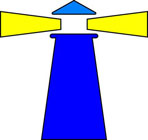
PLUS
Salty Sam fans can join in with their comments and share them with children all over the world. You will need to ask permission if you are not an adult.
Enter your e-mail address to subscribe to my blog and receive new Salty Sam Blog Posts for free by e-mail every week. Your address will be kept private and will not be shared with any third party.
Sign me up at the side bar




lt’s the Weekend!

HOW TO MAKE NEEDLE CASE
September is one of the best times to visit London. It is still warm but not as crowded as in the summer. This felt needle case is made with autumnal colours but you can of course use whichever colours you prefer to use.





If you need a place to store your needles, here is a little needle case that looks like a pretty, little book when it is shut up.

Here is how you can make one.

- Cut two pieces of light brown felt 12cm by 9cm. (You can of course make a bigger case if you want to.)
- Cut out a piece of paper 12cm by 9cm and draw a simple design on it. Try out your ideas on paper before cutting out any felt.
- Cut out the pieces of felt that you need for your design.
- Attach them to your case by using embroidery stitches and buttons. You could also use motifs and beads.
- Build your design up bit by bit. It can be symmetrical but is doesn’t have to be.
- If you put a little button in the centre of the sides, it will be easier to get hold of the snap fasteners to open and close your case.
- Sew half a snap fastener to the centre of the sides of the other piece of light brown felt – but not right on the edge of the felt.
- Sew the two pieces wrong sides together and the messy back of your sewing will be hidden. Sew all the way around using tiny over-sew stitches.
- Cut a piece of cream felt 10cm by 9cm to create the inner pages of your little book.
- Attach this centre leaf to the centre of the book cover (just at the top and bottom) with a few stitches using brown thread.




Please note that the material on this blog is for personal use and for use in classrooms only.
It is a copyright infringement and, therefore, illegal under international law to sell items made with these patterns.
Use of the toys and projects is at your own risk.
©Christina Sinclair Designs 2015

Answers to the News Desk Quiz
- Which two cities make up London? The City of London and the City of Westminster – they are joined by The Strand.
- In which house does the Queen live when she is in London? Buckingham Palace – the Royal Standard flies above the palace when the monarch is in residence.
- What is the name of the big wheel at the side of the Thames? The London Eye
- What is Big Ben? It is a big bell situated in the clock tower of the Houses of Parliament – this tower was called St Stephens Tower has been called The Elizabeth Tower since the Queen’s Diamond Jubilee. The bell was probably named after Sir Benjamin Hall.
- What is the name of the big lake in Hyde Park? The Serpentine – it runs into The Long Water of Kensington Gardens under the road bridge called Serpentine Bridge.
- In which park is the London Zoo situated? The Regent’s Park
- Which palace is nearly 1,000 years old? The Tower of London
- Which animals lie at the foot of Nelson’s column? Four identical bronze lions designed by Sir Edwin Landseer.
- Which is the biggest concert hall in London? The O2 Arena
- Which is the tallest building in London? The Shard by London Bridge Station

St Martin-in-the-Fields church in The Strand over a hundred years ago

The Strand today is as busy as it has always been
Can you see the church in the distance?

The church looks the same

The Serpentine River taken from the Serpentine Bridge

The Serpentine Bridge

The Serpentine River

The Long Water from the bridge

The Tower of London

A Landseer lion

The O2 Arena

The Shard
The Royal Standard


Quick Quiz Answers
- to bring something out into the open – to make something public
- in the open air – outside
- to keep an open mind – willing to accept new ideas
- to keep open house – happy to always accept guests and give them hospitality
- an open and shut case – obvious solution or verdict and easily decided
- with open arms – in a friendly way

To welcome someone with open arms means (literally) preparing to give them a hug
or (figuratively) to be very hospitable or pleased to see them

For an Embroidery Stitches Chart
Check out Blog Post 3

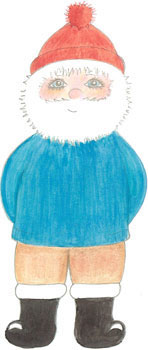
I am genuinely delighted to glance at this webpage posts which consists of tons of helpful facts, thanks for providing these kinds of statistics.
Thank you Marshall
Thank you for any other wonderful post. The place else could anyone get that kind of information in such a perfect way of writing?
I’ve a presentation subsequent week, and I’m on the search for such info.
Thank you for your comment Deloras – and l wish you good luck with your presentation!
It is not my first time to pay a quick visit this site, i am visiting this website daily and take pleasant information from here every day.
lt is so nice to hear that you are a regular reader Monte.
l am so glad you like my blog and thank you very much for writing in.
Just wish to say your article is as astonishing. The clarity in your post is simply spectacular and i could assume you’re an expert on this subject.
Fine with your permission let me to grab your RSS feed to keep up to date with forthcoming post.
Thanks a million and please continue the gratifying work.
all the time i used to read smaller articles or reviews which as well clear their motive, and that is also happening with this post which I am reading now.
Thank you both for writing in.
lf you want to subscribe to my blog, just put your e-mail address in the box at the top of the page. 🙂
Hiya very cool web site!! Guy .. Beautiful ..
Amazing .. I will bookmark your blog and take the feeds additionally.
I am happy to search out numerous helpful information right here within the publish, thank you for sharing.
Thank you Jeramy!
We are a group of volunteers and starting a new scheme in our community.
Your website provided us with valuable info to work on. You have done a formidable job and our entire community will be thankful to you.
Thank you very much for your comment Nate!
I have been examinating out some of your stories and it’s clever stuff. I will surely bookmark your website.
Thank you Lynell. That is very kind of you.
Hi, constantly i used to check web site posts here in the early hours in the morning,
for the reason that i enjoy to learn more and more.
l am glad to be a part of your life Estelle.
Thank you so much for writing in. 🙂
Very great post. I simply stumbled upon your weblog and wanted to
say that I’ve truly loved surfing around your blog
posts. In any case I’ll be subscribing in your feed and I
hope you write again soon!
l am glad you like my blog Werner. There is certainly a lot to surf around in nowadays.
Thank you for writing in and see you again next Fun Friday! 🙂
Hello, I log on to your new stuff on a regular basis. Your story-telling style is awesome, keep it up!
Thank you for writing in John. l really appreciate your comment. 🙂
Every weekend i pay a visit this website,
for the reason that i wish for enjoyment, as this this web site conations truly good funny data too.
Thank you for your comment.
l am glad you enjoy my blog so much that you are such regular visitor!